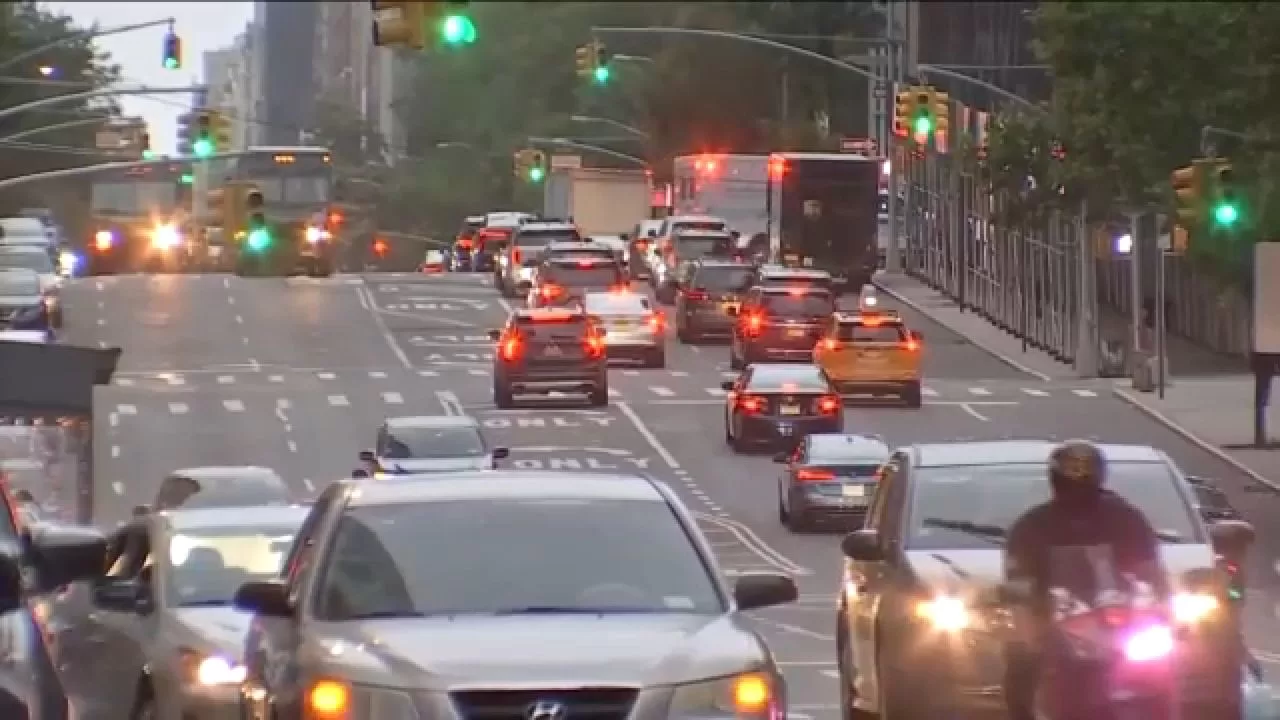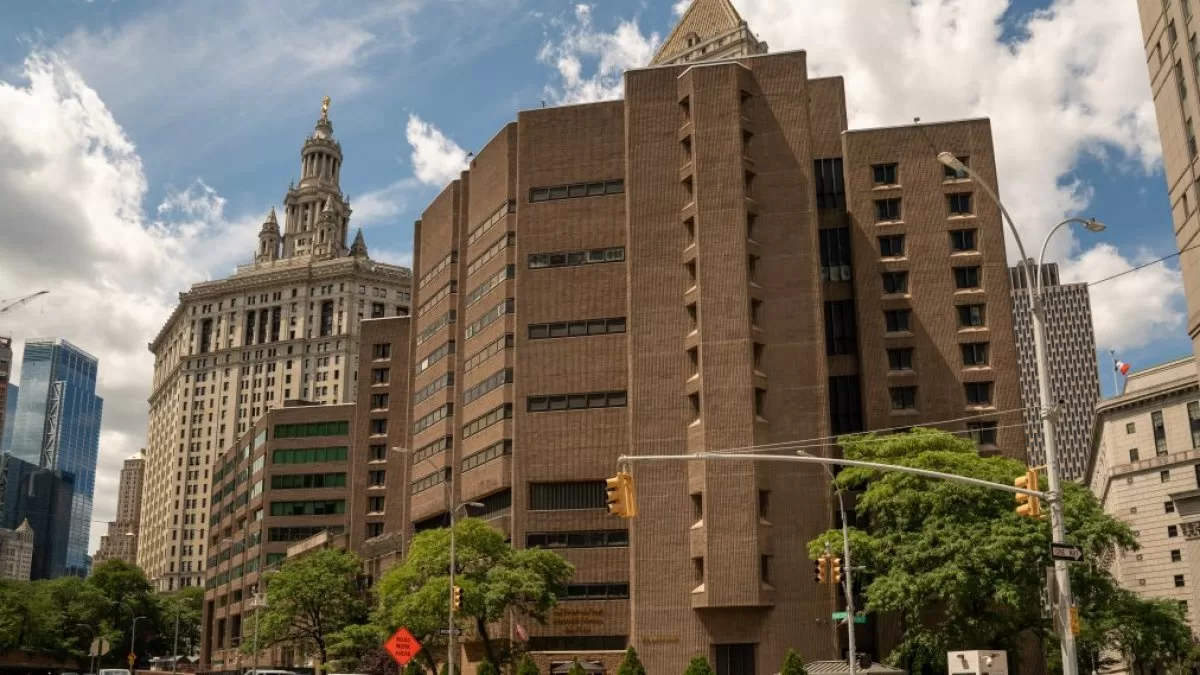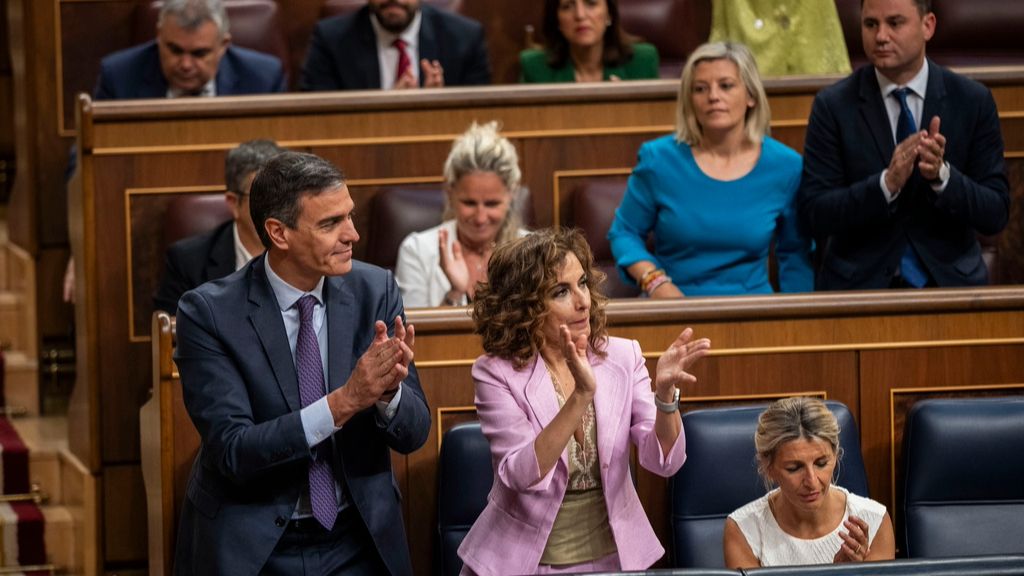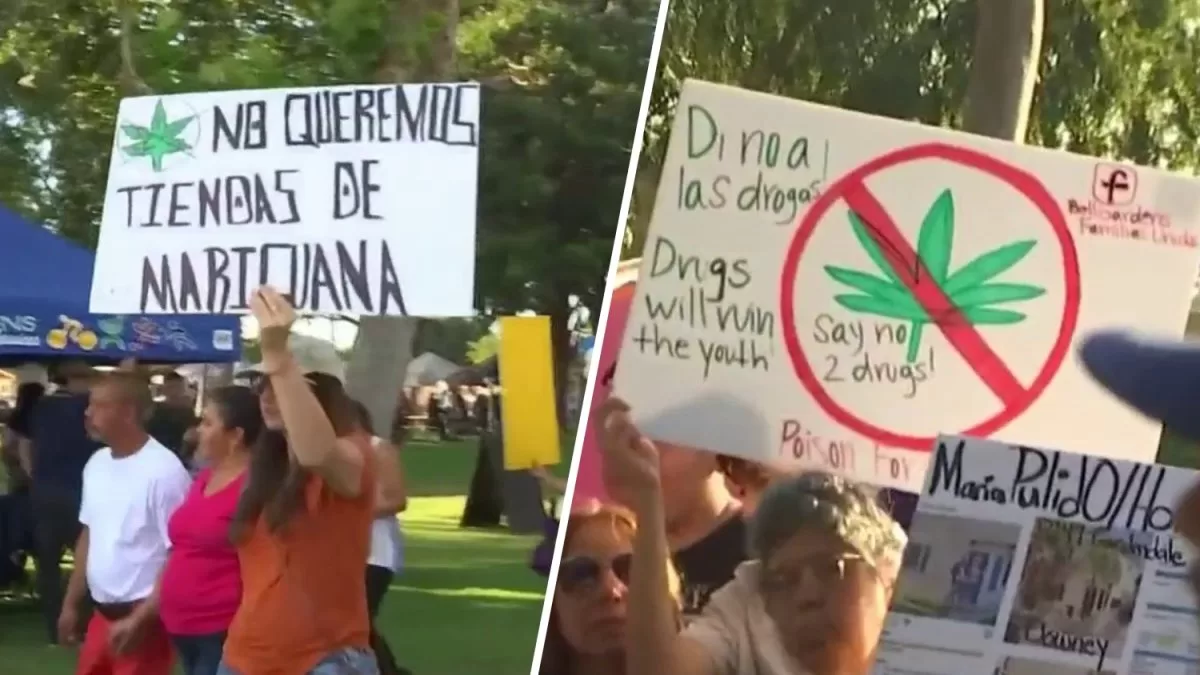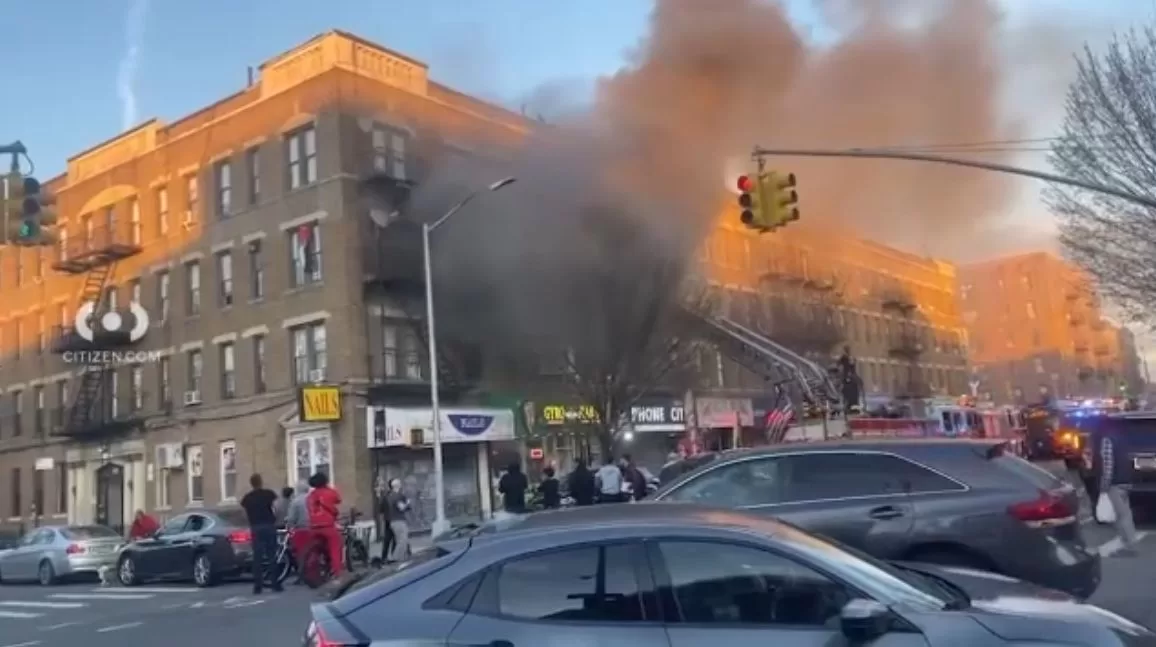The MTA has taken a step forward in a decision that will impact drivers who want to drive south of 60th Street in Manhattan. The board has approved the plan that implements a $15 fee for driving in this part of the island, although it contemplates some exceptions.
The plan worries drivers like George Águilas, who owns a truck, since he will now have to pay $36 when traveling through the streets of downtown Manhattan.
“Because there is not even a fuel subsidy, there is no subsidy for the ‘toles’ and it is too much money, too much, too much. I come from New Jersey, I pay 42 dollars every morning, now plus 36 dollars that I have to pay more. I have to cross the TriBoro, it’s $16 every day, it’s almost $100 just in ‘toles,'” says George Águilas.
The plan also includes fees of $24 for small trucks, and fees of $7.50 for motorcycles. Taxis and rental vehicles have a fare per trip of $1.25 and $2.50, which will be charged to the customer.
But for some taxi drivers this means less money in their pockets.
“What is going to decrease is the number of passengers, because all the expenses that are raised to me I have to pass on to the passenger,” says Alberto Ramírez, taxi driver.
“Ridiculous, because one can’t stand it anymore. Look, passing through here you have to pay, if you come from New Jersey you have to pay, everywhere you go you have to pay and then you come back to life,” says Héctor Genao, taxi driver.
The roads that will be exempt from the new congestion fee are FDR Drive, the West Side Highway and the Battery Park underpass.
Rates will apply from 5 in the morning to 9 at night on weekdays. And from 9 in the morning to 9 at night on weekends, and rates 75% lower at night.
Vehicles without E-ZPass will pay $22.50 instead of 15.
On congestion alert days, the MTA may apply an additional 25% charge.
This plan, the first of its kind in the United States, aims to reduce traffic congestion.
And this is expected to generate $1 billion for the MTA’s capital plan.
Following this vote, the MTA board officially begins a four-month public comment period, during which changes can still be made before the implementation of congestion pricing in the spring.

